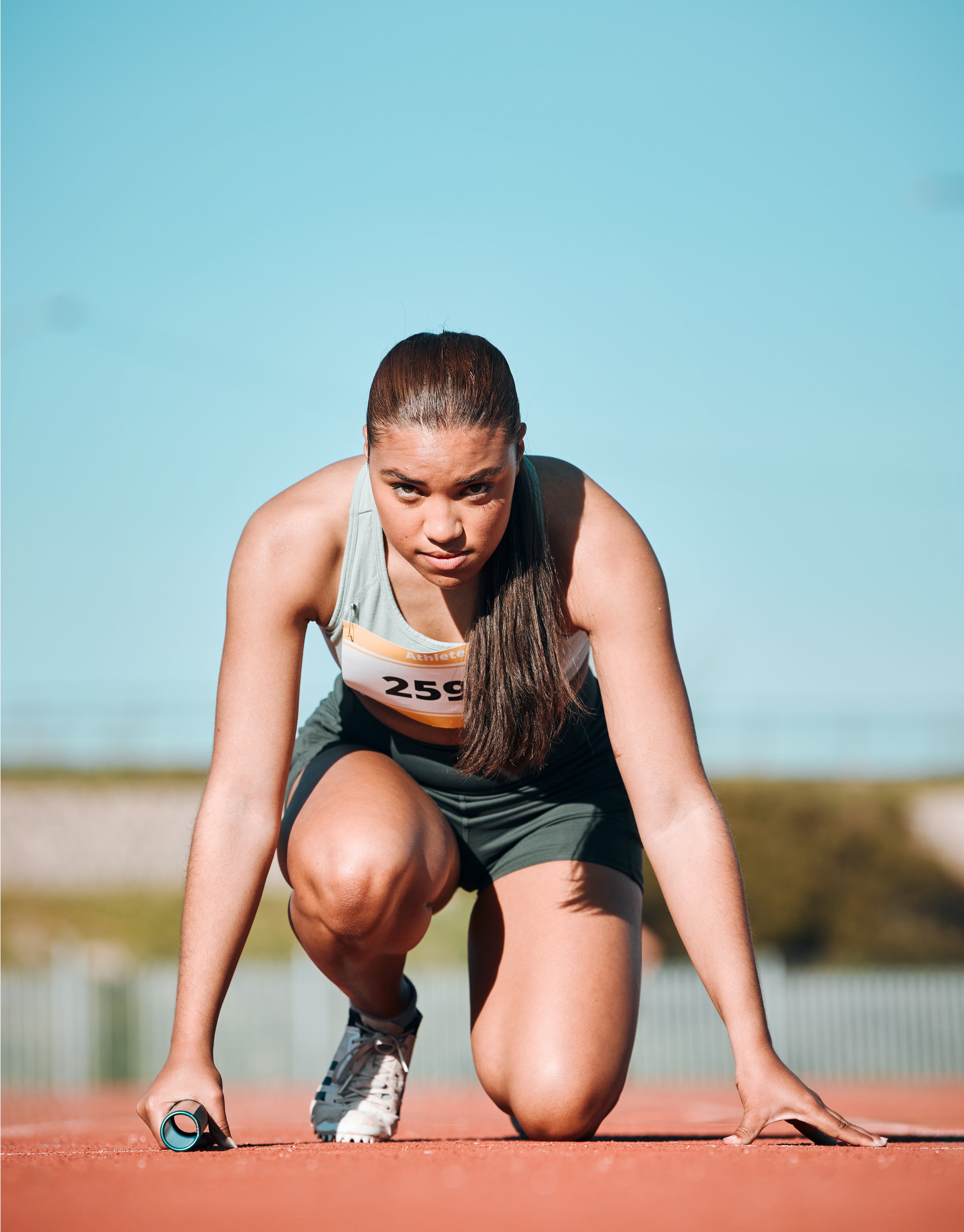Athletes’ Development, Mental Health, and Other Relevant Issues
Athletes’ development is paramount to the attainment and realization of sustainable sports development. This is because if athletes are not developed, sporting events will lack reputable athletes to replace aging or retiring athletes. A lack of athlete development can lead to chaos and a lack of progress in sports development, which may be counterproductive for a sustainable sports development and framework.
Who is Athlete?
An athlete is an individual who engages in competitive sporting activities.
What is Development?
This process is simply referred to as the process by which an individual or entity develops, evolves, and attains a higher level of sophistication.
Athletes Development:
The process of developing athletes’ sports skills, enhancing their efficiency in sporting actions, and improving their technical and tactical understanding of the game in order to enhance their competitiveness.
Athletes & Mental Health Challenges
Mental health plays a significant role in the optimal performance of athletes. Athletes must possess emotional and mental stability to maintain their peak performance. According to Dr. Rachel Vanderkruit, a sports physician from Massachusetts General Hospital and the University of Colorado Springs, maintaining proper mental health can enable athletes to make quicker and more decisive decisions. Conversely, mental health issues can hinder athletes’ ability to respond promptly to decisions that may negatively impact their performance.
Dr. Vanderkruit further emphasized that certain sports-related factors, such as the time and physical demands of competitions, travel, and high competition levels, can contribute to fear of failure, anxiety, worries, and pressure to meet expectations. These factors can, in turn, lead to mental health concerns for athletes.
Way out of this quagmire:
Athletes’ development should not be treated lightly or with disdain. The more they are developed, the more abundant our talent pool becomes with accurate data on their real ages, mental and emotional stability. This athletes’ development talent pool will serve as a springboard that will feed our sports ministries, departments, and agencies, as well as clubs. It will also help to address cases and incidents of athletes asking their coaches about their ages, thereby addressing several issues related to the dependence on ancestral athletes who kept recycling ages (sports age). Another area of focus is the availability of high-performance community sports centers that will help to enhance their development.
Athletes’ mental well-being is paramount for optimal performance. Mental health challenges stemming from traumatic experiences, parental pressure, toxic relationships, anxiety, fear of failure, substance abuse, eating disorders, and other conflicting factors (such as coach-related influences) can pose significant mental health challenges to athletes, potentially leading to counterproductive development. A well-motivated athlete can achieve remarkable results, but this depends on the coach’s level of mental awareness and their ability to utilize relevant mental health skills to influence athletes’ behavior and enhance their development.
Mental Health Skills as a Tonic for Athletes Development
It is imperative that every sports coach possesses knowledge of mental health and effective strategies to enhance their athletes’ performance, as their role primarily involves human management to achieve results. Sports centers, clubs, academies, and their administrators should undergo mental health training and assessments to identify potential issues that may hinder athletes’ development. Excessive shouting at athletes or constant blaming by technical crews rarely contribute to their growth. The root cause of an athlete’s development lies in their upbringing and the environment they were raised in. Sports personnel and crew must be mentally aware to avoid transferring negative emotions to athletes, which can also be detrimental to their development. Coaches must exercise caution in their language and approach, and they should embody the roles of role models, mentors, and parents who are ready to provide assistance and address athletes’ challenges with passion.
Mental health skills
Mindfulness:
It is crucial for athletes to focus on the present without judgment. Sports coaches and volunteers should learn this skill to improve athletes’ attention for high performance.
Visualization:
Consciously and persistently visualizing oneself attaining and consistently exceeding high-performance objectives while maintaining a positive outlook and competing with distinction.
Encouraging Athletes on self Talk:
The positive affirmations he will mentally reinforce will empower him to overcome anxiety, mistakes, and worries, transforming them into strengths.
Athletes’ development programs and dietary interventions aimed at enhancing their brain health should not be overlooked. Their actions are heavily influenced by neurotransmitters, necessitating programs that incorporate self-care activities to optimize brain function and performance.
In addition to the aforementioned, sports centers, clubs, academies, ministries, departments, and agencies must urgently develop the awareness of establishing a mental health unit staffed by certified mental health practitioners or sports psychologists to address concerns related to the mental well-being of athletes and sports coaches, as well as other staff members. This unified approach will facilitate optimal performance and ensure comprehensive support for all stakeholders.
In the development of athletes, it is crucial to assist them in prioritizing their mental health and overall well-being. This approach will undoubtedly ensure a well-defined and desirable athletic development.
The writer Coach Ebere Amaraizu is a U.S IVLP Alumni and a Certified Coach from National Institute for Sports (NIS). He is also a certified Cognitive Behavioral Therapy ( CBT) coach and International Olympic and National Olympic committee sports manager and administrator. Coach Amaraizu is currently the chairman Rangers Intl FC Foundation and Lead Consultant at Cope and Live Mental Health Awareness Foundation.
If things are getting out of hand, please call us on +234 814 831 8965 or send us an Email at: info@copeandlive.foundation
